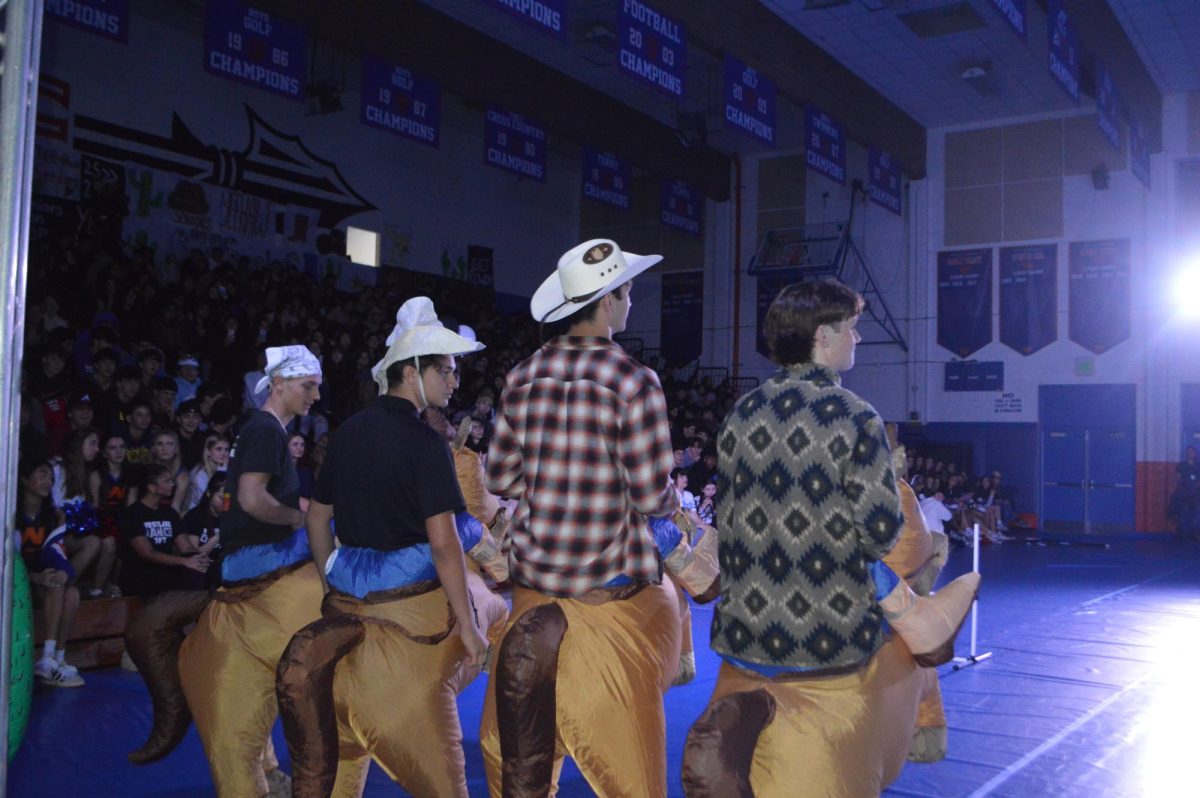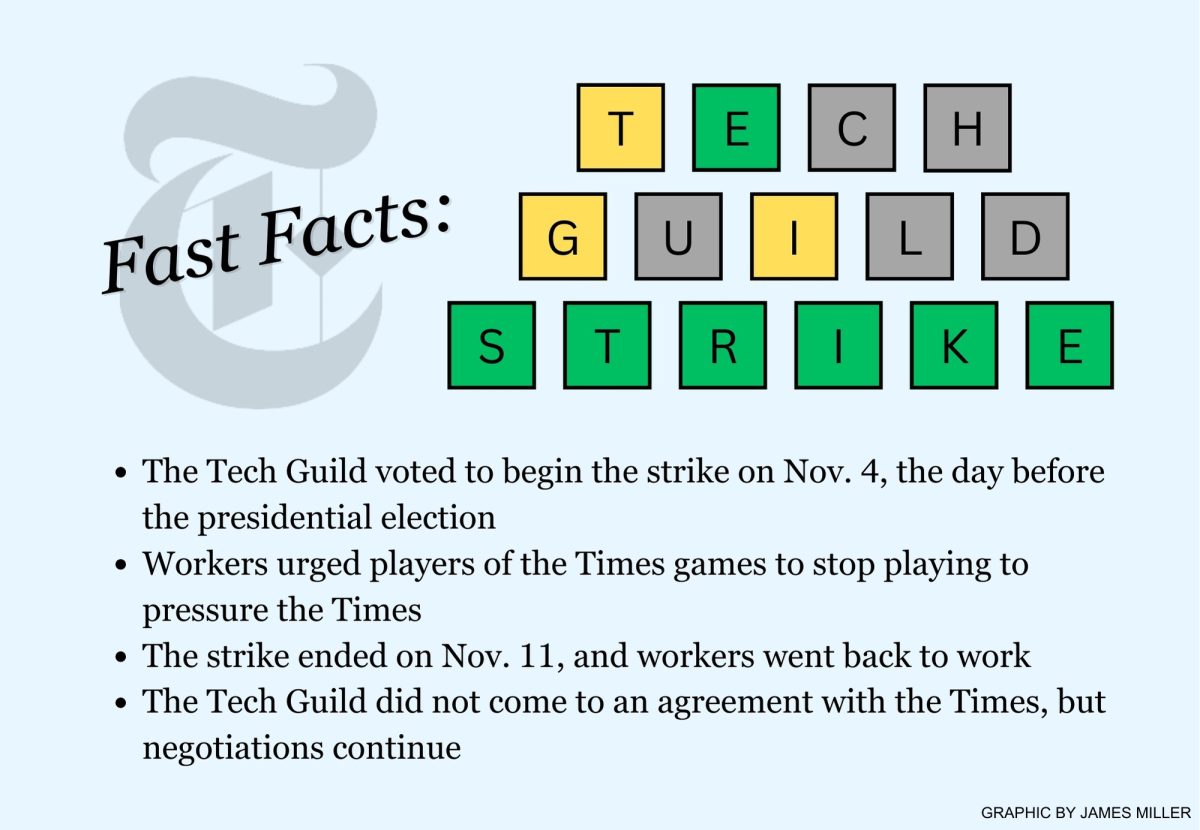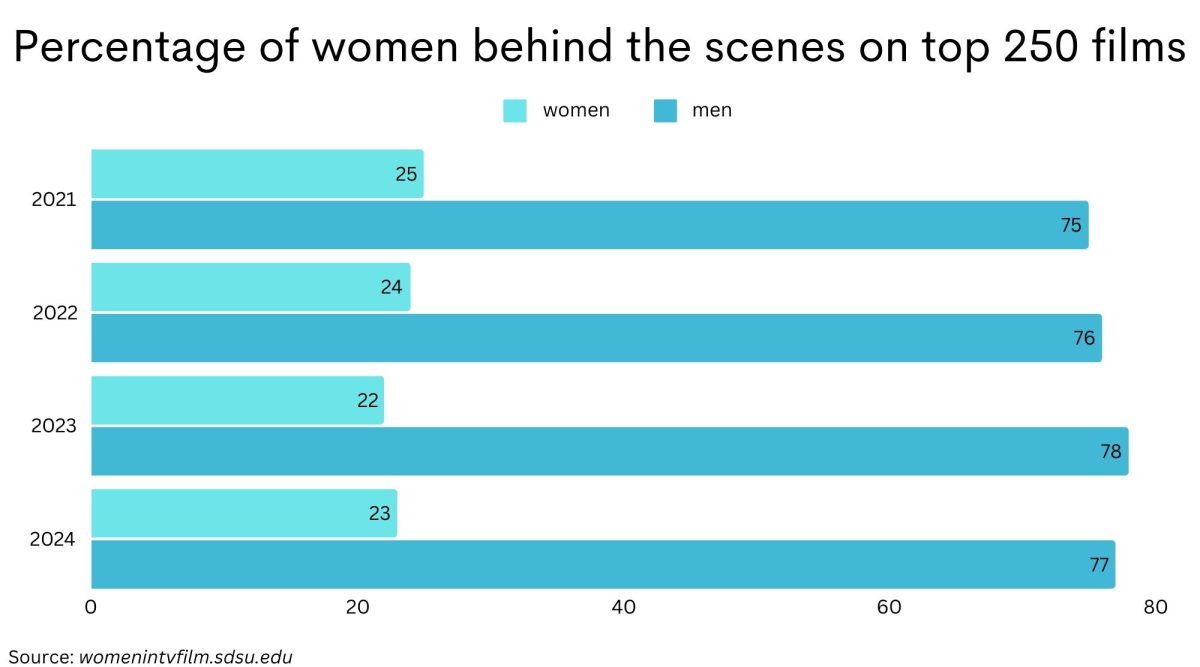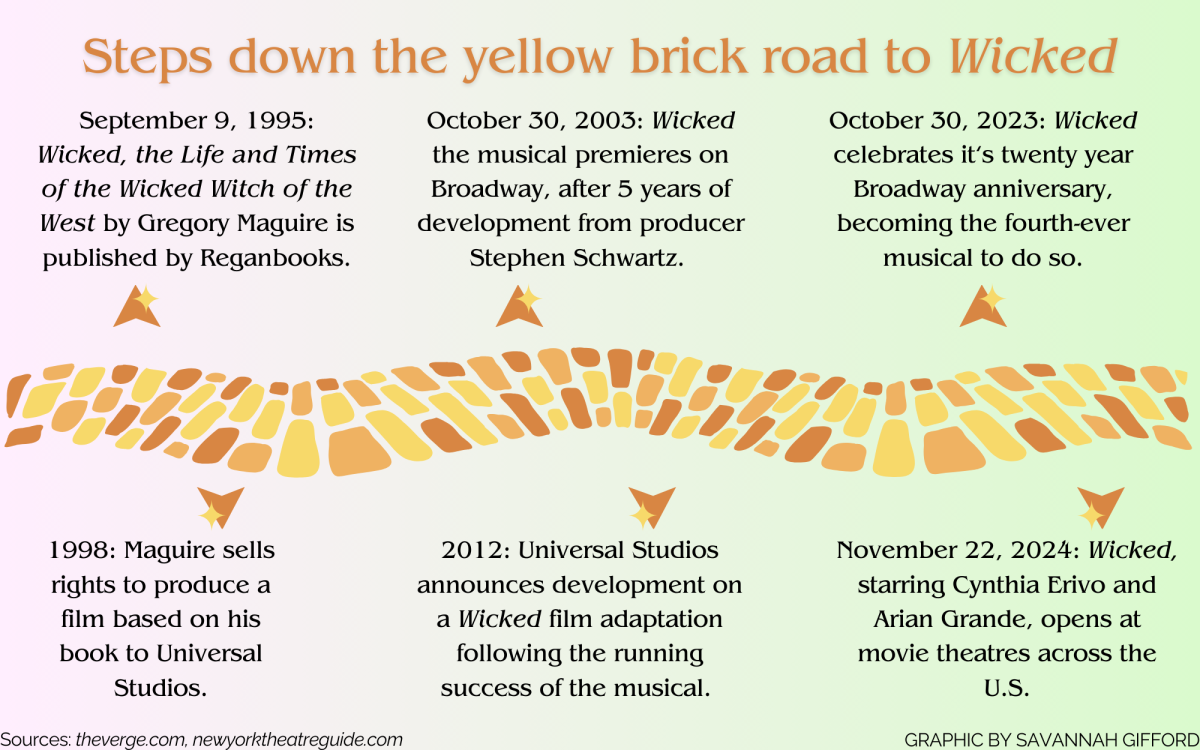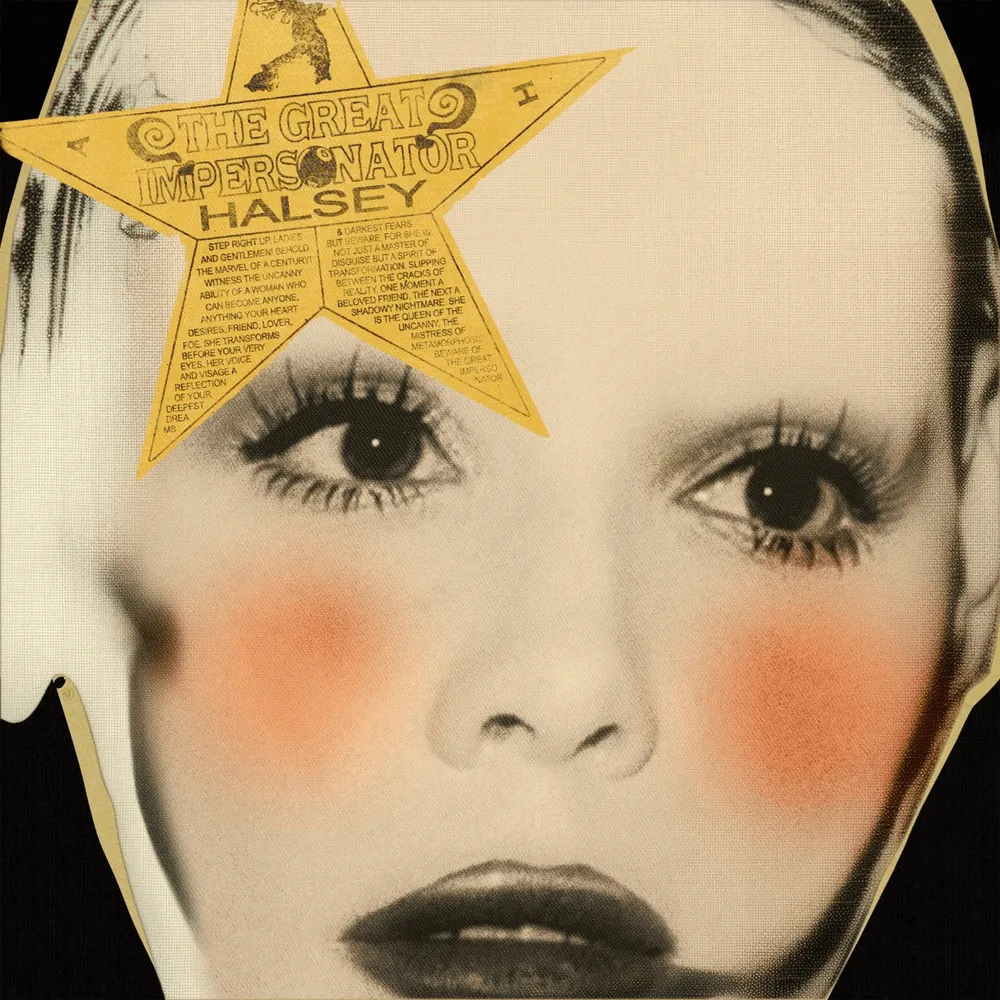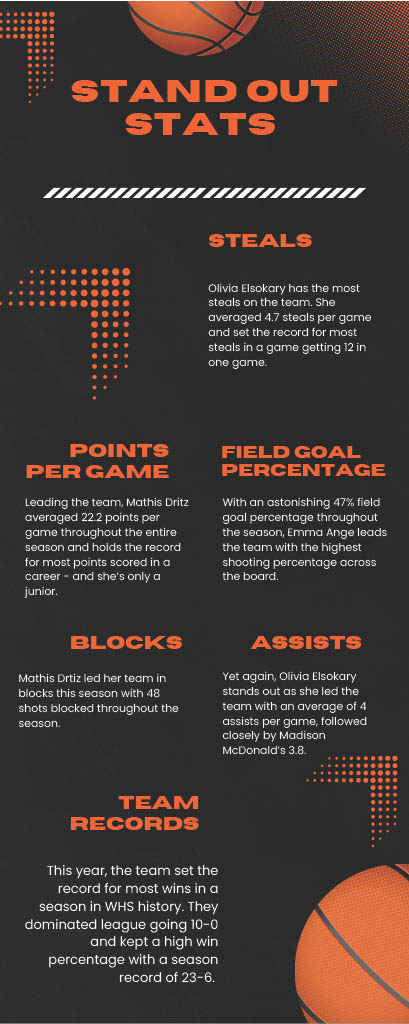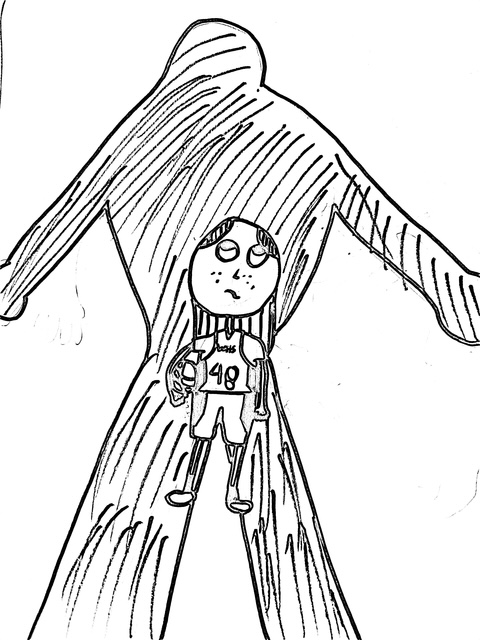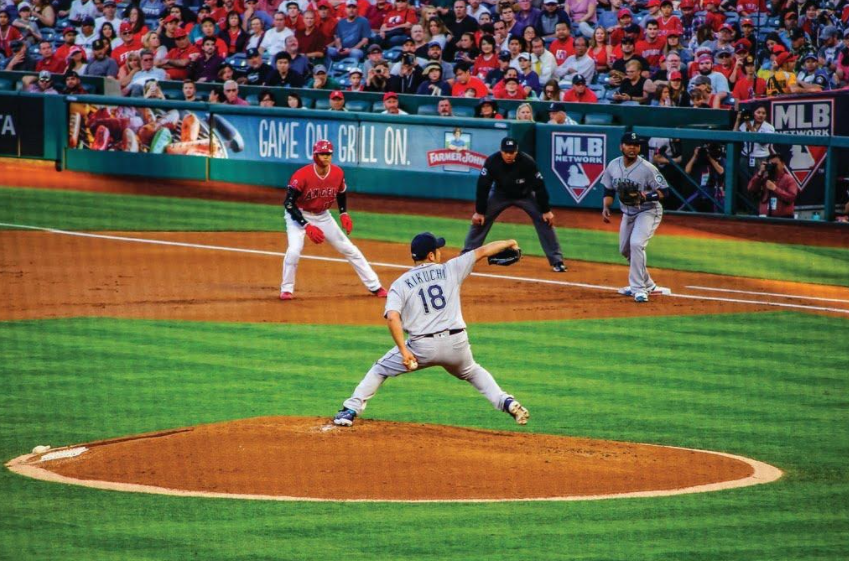“Showtime! Show me the money!” shouts Angels announcer, Mark Gubicza, after the game’s first batter, Shohei Ohtani, hits a big–fly to right field giving the Angels a one–to–nothing lead against the Mariners. The home run came in grand fashion as Ohtani racked in his 100th run batted in on the season and his 46th and final home run of the 2021 MLB season, ranking him second amongst home run leaders.
Ohtani came from humble beginnings, playing professional baseball in the Nippon League in Japan, eventually making his MLB debut in 2018. In this 2021 season, Ohtani has proved himself to be one of the most dominant players in the game, and some could argue he is the most valuable player in the MLB.
“It’s indescribable,” said Gubicza. “It’s hard to even put a word out for what he did this past season. [When you have] all these phenomenal athletes all shocked at what they were seeing from Shohei Ohtani, that’s when you know, globally, internationally, [and] on an MLB scale… [Ohtani] did stuff that no one has ever done before.”
This year, he won the American League Silver Slugger, AL Designated Hitter Award and to top it all off, the AL MVP award. Through Ohtani’s generational talent and kind disposition, he has proved that representation for foriegn players is essential for baseball.
“I think it’s great, because [he] shows diversity [and] that anyone could really be good at baseball,” said Jack Braddell ‘24. “It doesn’t matter if you’re American or if you come from different countries.”
Ohtani was signed by the Anaheim Angels back in 2018. As a result of his major success and two–way ability to both bat and pitch at a professional level in the Nippon League, where he posted a 2.52 ERA and 48 home runs over a five season span, Ohtani was signed by the Anaheim Angels back in 2018. However, during 2018 Spring Training, Ohtani struggled, and many wondered if he could live up to the reputation he built for himself.
“He was probably trying too hard [during Spring Training his rookie season],” said Gubicza. “But if you look historically in his career, even over in Japan, he wasn’t a guy that got off to a good start in Spring Training, he really struggled. He knew exactly what his body needed to be ready, where, as we would say, the bright lights would shine.”
Following Spring Training, Ohtani picked up his game when it counted. He hit 22 bombs, a .285 AVG, .361 OBP and had a 3.31 ERA over 10 games pitched. This was enough to award Ohtani the AL Rookie of the Year Award.
“He’s just a revolutionary talent that the league has never seen before, as he can pitch and hit,” said Kaden Youmans ‘24. “I think it’s great that he’s the face of baseball.”
Because of Ohtani’s rare ability to be both a dominant pitcher and one of the league’s most valuable sluggers, many compare him to Babe Ruth, arguably the greatest baseball player in MLB history, with a rare two–way ability.
“I can understand the comparison, because they were both hitters and very good pitchers, but I think Ohtani [is] much better than Babe Ruth, because in this generation, to be able to throw 100 mph and be able to hit that many home runs in a season, is just insane,” said Braddell.
Babe Ruth isn’t the only baseball legend Ohtani has found himself compared to.
Gubicza had the chance to play with former football and baseball star, Bo Jackson, when the two were on the Kansas City Royals. Gubicza compared Ohtani to Jackson, saying they’re both fast players and powerful batters with strong arms. Pitching–wise, Gubicza compared Ohtani to Hall of Famers Nolan Ryan, Roger Clemens and Randy Johnson, as well as current players and possible future Hall of Famers, Jacob DeGrom and Justin Verlander.
“In this day in age, I would say Jacob Degrom would be a guy very similar as far as pitching skills,” said Gubicza. “Even as we saw in Justin Verlander, who went from throwing a certain speed earlier [in a game], to all of a sudden in the later innings, he’s throwing 100 mph when he’s up at pitch number 90 to 105, [it’s similar to Ohtani’s tactic].”
Similar to Verlander, Ohtani possesses a unique ability to be strategic and save his arm for the later innings. Most pitchers burn out as they progress in games, pitching faster at the start of the game and slowing down progressively each inning.
“[Back in 2018,] he almost went like he was a sprinter,” said Gubicza. “He was throwing as hard as he could in the very first inning … He was taxed by the third or fourth, maybe the fifth inning. He figured it out, all of a sudden he goes, ‘I can save that extra velocity on my fastball when I need it, when the game progresses,’ because the second, third or maybe the fourth time through that lineup, that’s when a hitter has a pretty good gage on what you are throwing. That’s when you step it up and throw a little bit better.”
Overall, Ohtani’s success has been widely recognized, as his contributions to baseball have been revolutionary to the game.
“There were so many really cool moments [throughout] the course of the season with Shohei,” said Gubicza. “[There were] so many times where you think ‘that’s the greatest thing I’ve ever seen,’ and then alone behold, one or two games later, you go ‘wow, that’s the greatest thing I’ve ever seen.’ We had that throughout the entire season.”
With Ohtani’s generational abilities and success in the majors, more teams are giving foreign players representation and a shot in the big leagues. This increase in representation for people of different ethnicities has led to a more global interest in the sport.
“If you look at the percentages of players playing major league baseball … that are not born in the United States … it’s truly become an international game,” said Gubicza. “I think it’s the best thing you can have, because that way you are bringing in everybody from all over the world to watch, in my mind, the best sport in the world. It’s baseball.”

